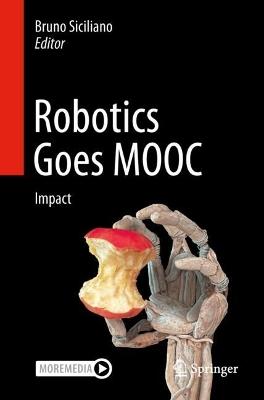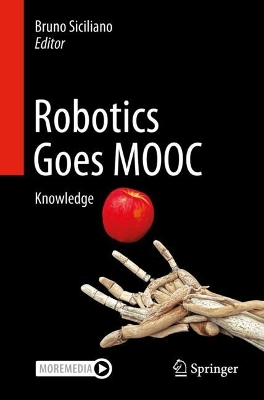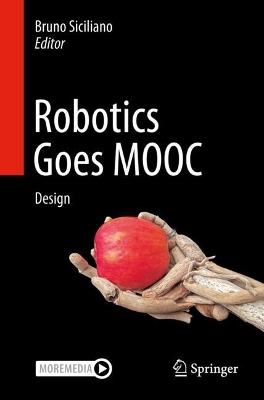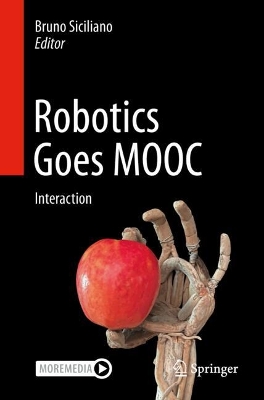Usability- and Accessibility-Focused Requirements Engineering
 -15%
portes grátis
-15%
portes grátis
Usability- and Accessibility-Focused Requirements Engineering
First International Workshop, UsARE 2012, Held in Conjunction with ICSE 2012, Zurich, Switzerland, June 4, 2012 and Second International Workshop, UsARE 2014, Held in Conjunction with RE 2014, Karlskrona, Sweden, August 25, 2014, Revised Selected Papers
Perini, Anna; Barbosa, Simone D.J.; Seyff, Norbert; Humayoun, Shah Rukh; Ebert, Achim
Springer International Publishing AG
09/2016
191
Mole
Inglês
9783319459158
15 a 20 dias
3168
















